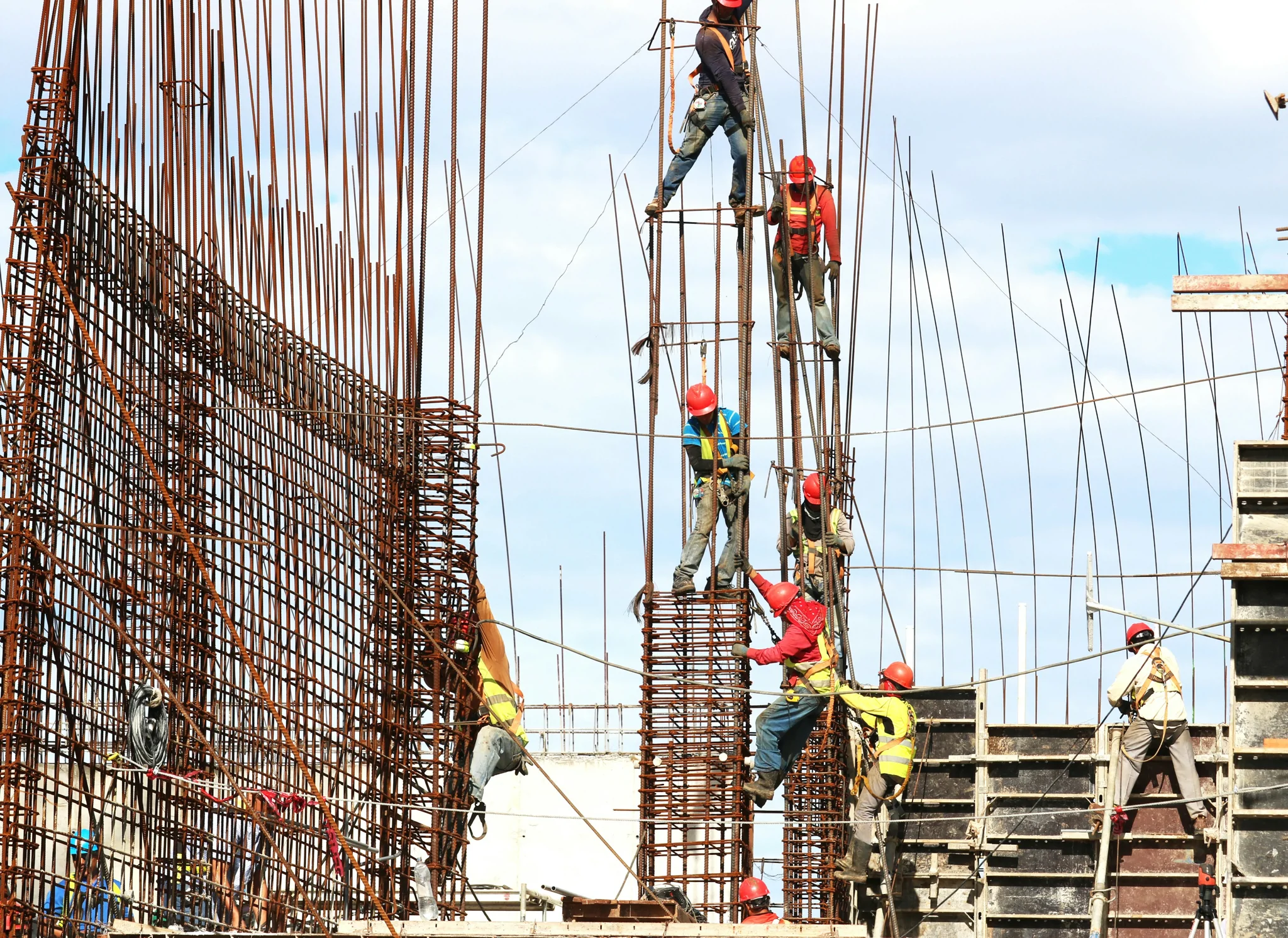Drop off your CV
We'd love to hear from you. Send us your CV and one of our specialist consultants will be in touch.



Here are some examples of the diverse range of senior roles within the industry:
Accounting Expertise: In-depth knowledge of accounting operations, including accounts receivable, payable, general ledger, and cost accounting, with proficiency in GAAP and IFRS.
Budgeting and Forecasting: Experience in coordinating and directing the preparation of budgets and, financial forecasts and reporting variances.
Financial Reporting: Ability to prepare and publish monthly financial statements and create annual reports identifying trends and forecasts.
Regulatory Compliance: Ensuring all reporting complies with statutory law, financial regulations, and industry-specific requirements.
Internal Controls: Developing and maintaining robust internal control policies and accounting systems to improve operational efficiency.
Audit Management: Leading the audit process and liaising with external auditors.
Cash Flow and Debt Management: Overseeing the management of cash flow, debt collection, and financial risk.
ERP and Financial Systems: Proficiency in enterprise resource planning (ERP) systems and identifying areas for technology-driven service improvements.
Data Analysis: Strong ability to track, analyze, and interpret financial data for strategic planning and decision-making.
Project Management: Oversight of project estimates, schedules, delivery milestones, and day-to-day operations, ensuring timely and cost-effective delivery of projects.
Strategic Leadership: Development and implementation of strategies to achieve successful project outcomes, bridging commercial and technical considerations.
Risk and Compliance Management: High-level management of quality, risk, safety, and compliance across projects.
Process Improvement: Implementation of systems, processes, and policies to improve efficiency and project delivery quality.
Contract Administration: Management of contracts, including terms, change requests, invoices, and progress payments.
Financial Oversight: Maintenance of project budgets, costs, and pricing, ensuring profitable project delivery.
Operational Management: Overseeing day-to-day operations, ensuring alignment with the company's long-term goals, and improving efficiency across departments.
Strategic Execution: Translating business strategy into actionable steps, focusing on operationalizing the CEO’s vision and strategic plans.
Project Oversight: Managing construction processes from planning and design to procurement and delivery, ensuring projects meet quality standards, deadlines, and budgets.
Budget and Financial Management: Developing and controlling operational budgets, managing capital investments, and ensuring profitability.
Compliance Management: Ensuring that all operational activities comply with relevant legal, health, safety, and industry standards.
Process Improvement: Analyzing internal operations to identify areas for process enhancements and operational efficiency.
Resource Allocation: Ensuring that operational teams are adequately resourced and empowered to meet project goals and operational initiatives.
Client and Stakeholder Relations: Liaising with clients, partners, and stakeholders to ensure quality assurance and maintain strong relationships.
While the industry is thriving, recruitment challenges remain within the sector. Here are some key examples:
Acute Labour Shortage: The construction industry is facing approximately 650,000 unfilled positions, leading to delays in critical projects.
Aging Workforce: Many skilled workers are retiring early due to the demanding nature of construction jobs, exacerbating the labour shortage.
Cultural Shift: There is a growing emphasis on higher education over skilled trades among younger generations, which discourages them from pursuing careers in construction.
To ensure the industry continues to thrive with the senior talent it requires, here are our top recruitment tips:
A compelling brand identity signals that your organization is a leader in its industry, showcasing a commitment to core values and a positive workplace culture. By defining a unique EVP, leveraging social media for wider reach, and encouraging employees to share authentic stories, you can effectively highlight your dedication to diversity and inclusion. This will position your organization as an attractive destination for leadership candidates who value reputation and strategic alignment.
Actively participate in conferences, trade shows, and sector-specific events to connect with potential candidates. Additionally, consider joining professional organizations such as the American Society of Civil Engineers (ASCE) or the American Institute of Architects (AIA) to engage with senior professionals.
Highlight significant projects, sustainability initiatives, and social responsibility efforts that demonstrate your impact. Additionally, emphasize career growth by clearly outlining advancement opportunities and professional development programs within your organization, as seasoned professionals are drawn to companies that actively invest in their ongoing growth.
This includes skills such as:
Talent with these skills could be transferred from industries such as:
This includes skills such as:
Talent with these skills could be transferred from industries such as:
This includes skills such as:
Talent with these skills could be transferred from industries such as:
This includes skills such as:
Talent with these skills could be transferred from industries such as:
Whether you're navigating hiring challenges or have expertise to feature, we want to hear from you. Reach out to us below to share your insights, or discuss how we can support your success in the thriving construction sector.